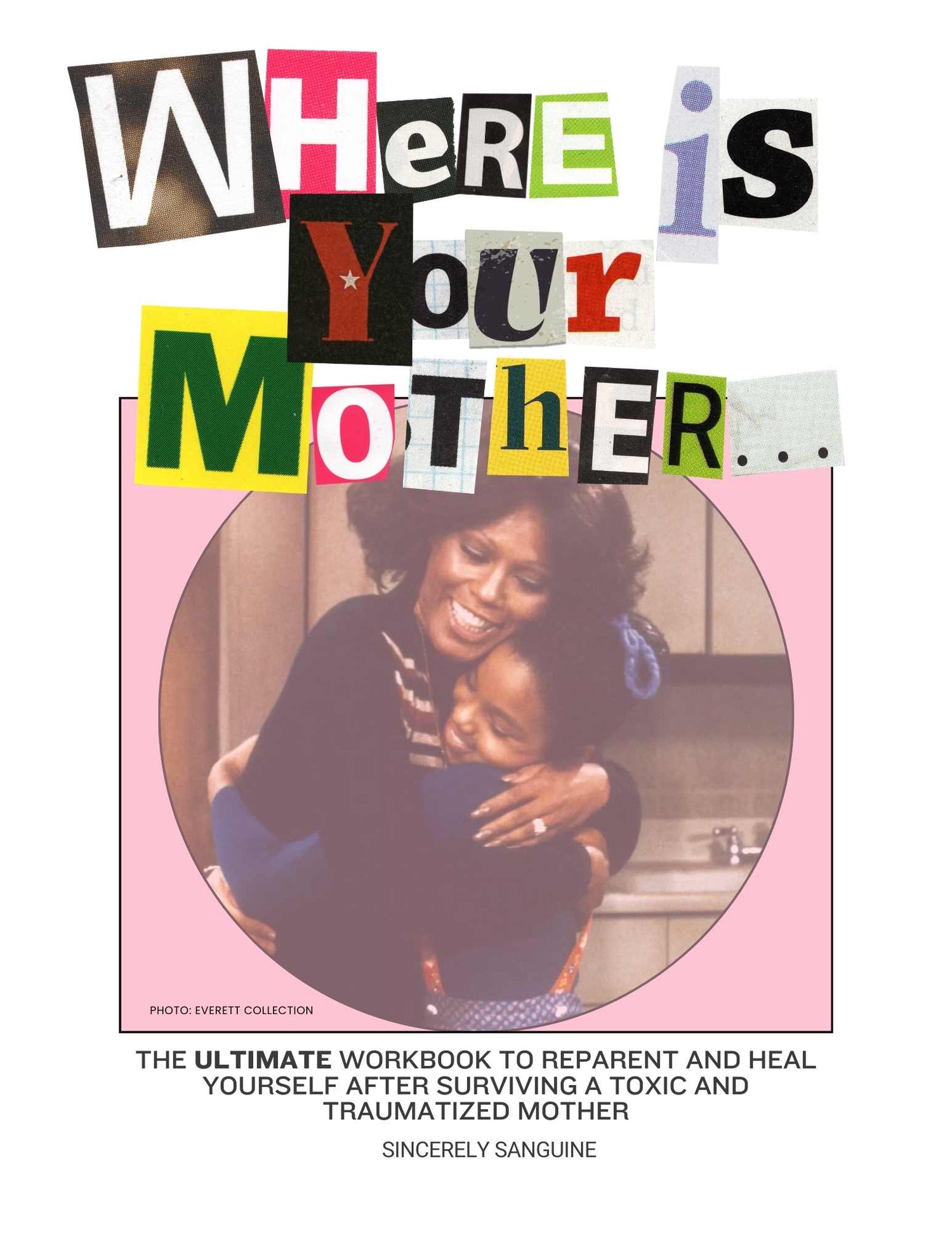
'The Other Black Girl' Hulu Watch Review
4 minute read
Share with a friend
When making strides to progress in life and climb the social ladder, what are we as black woman forced to compromise? After watching the new Hulu original series 'The Other Black Girl', we gain insight into this idea of upward mobility and its correlation to aligning with whiteness. Within this blog post I will provide an honest review and interpretation of the series, without spoilers, of course. After rereading 'The Bluest Eye' and watching 'Donyale Luna: Supermodel' on HBO, I am riddled with more questions than before about blackness, identity, and success and how each correlates directly to impact one's mental health.
Truthfully, I did not watch the first few episodes of 'The Other Black Girl.' I just happened to peak in, while others were viewing and became hooked by the plot. Unfortunately, due to my inquisitive nature and ability to utilize context clues to figure out plot-lines, I correctly guessed numerous pivotal components of the story within the first few episodes I saw. Yet, I spent most of the first few minutes playing catch-up because I was entering in the thick of the madness, rather than from the beginning.
I initially thought 'The Other Black Girl' was a show about a black girl who attempts to ostracize and target other black girls in her office in an attempt to maintain her status as a token, but that was not the case. To my surprise, the story is much deeper than an attempt at securing one's positioning within a corporate setting and more about whitewashing in order to ascend and obtain success.
Hair was an integral component of the series and served as a signifier of change. Once someone's hair transitioned from natural to straight, that was a clear indication that they had undergone a change. During "the change", they are oblivious to the political unrest pertaining to BLM and police brutality, they are not enamored by the news or any negative news for that matter. They get what they want in terms of success, they assimilate to the more Eurocentric identity, and they appear whitewashed. Prior to the change, they struggled to some degree, but once they undergo a change, involuntarily or voluntarily, they are subjected to a life of blissful ignorance and their blackness is eradicated. They are successful, but they are not themselves.
While the viewer is made to believe that Hazel is a sinister monster, targeting Nella with the intent of harming her, we later learn that there is a larger scheme implemented by an unsuspecting source. The way the story is arranged, you're forced to inquire about the morality and intent of Hazel. Who is Hazel? Where did she come from? What does she want?
For many of us, believing that a black woman created a different persona in the workplace is not unbelievable, which is the direction I initially thought the story was headed. A classic case of code switching within the workplace was not a cause for concern. However, creating an entirely new identity solely to fit in within the corporate setting appeared relatively unusual.
The series does a great job of addressing the disadvantages of racial injustice and how it not only works as a system, but the psychological damage that many are forced to endure as a result. Instead of looking at the system, many black people are forced to believe that they are the problem lives, their blackness is the cause for the plight and shortcomings within their lives. This is an occurrence that we have seen all too often.
Narrowing in on the racist corporate culture paralleled with higher education were two central settings within the series and are essential in understanding the direct correlation between racism and privilege. Social climbing, networking, building your social capital, and countless other practices engrained within us as a society are expected, but inequitable practices and glass ceilings are overlooked.
When prompted by the idea of whether or not I would voluntarily subject myself to the change, I was torn because living a life of peace and privilege sounds enticing, but I would lose myself.
Imposture syndrome and a loss of identity because of racial discrimination negatively impact one's mental health. The main character Nella is ultimately gaslit to believe that she was "the crazy one" when pushed to the brink of insanity when she finally comes to terms with the events leading up to the very public revelation. An occurrence for black women in corporate America that is not uncommon. Unfortunately, they are forced to question their reality and are unable to explicitly identify what they are experiencing and feeling.
Nella is not only forced to question the intent of the people she works with, but she is then challenged to question the loyalty of the "other black girl" within the office because of her inconsistent behavior.

